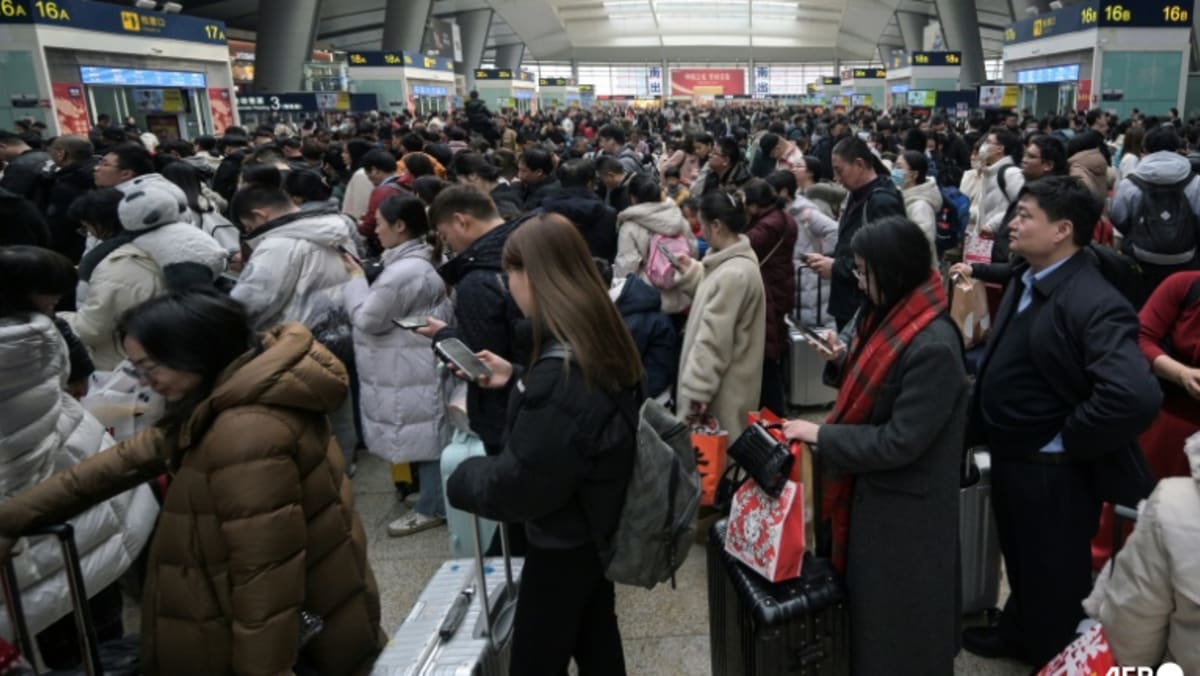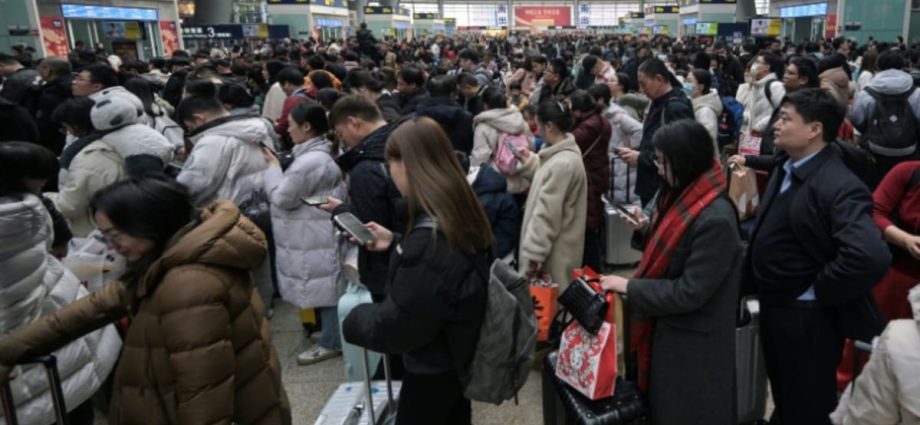
WAY OUT FOR CHINA?
There are expectations for the Chinese government to do more to boost the economy.
Its focus can be on more than supply-side support, such as boosting manufacturing capability. Demand-side policies, such as tax incentives for durable consumer goods and lowering costs for households, can stimulate consumption and keep up the economic momentum.
Improving confidence is essential, but that is easier said than done. The household perspective often takes time to respond to policy changes and economic data.
For example, new home sales have hovered at 50 per cent of the average of 2019 to 2021, the level before regulatory changes, despite laxer policies introduced to avoid the collapse of indebted property developers, such as Country Garden. It is difficult to repair the damage to confidence, and the government could be finetune regulations on a greater scale.
There is also the challenge of China’s increasing trade-off between security and economic growth. Easing geopolitical tensions would help households reduce future uncertainty, improve the export-driven provinces’ economies and attract foreign investment into China. But this seems an unlikely bet.
If hopes are pinned on consumption to drive China’s economy recovery, it will ultimately depend on the revival of animal spirits and restoring households’ optimism about the future. This will take more than an upbeat start to the Year of the Dragon. China’s economy will probably get worse before it gets better.
Gary Ng is senior economist at Natixis and research fellow at Central European Institute of Asian Studies (CEIAS).

